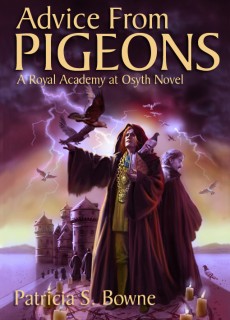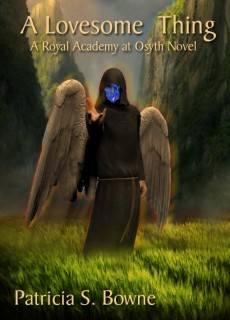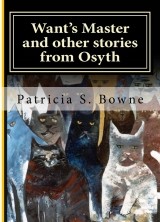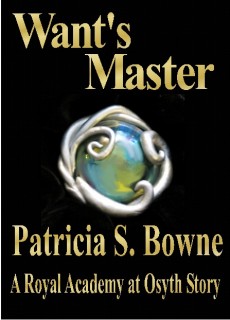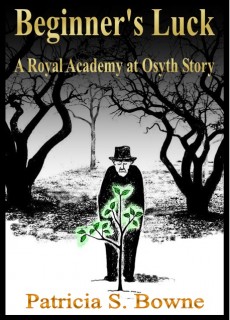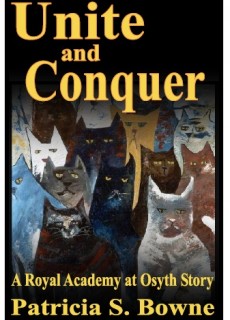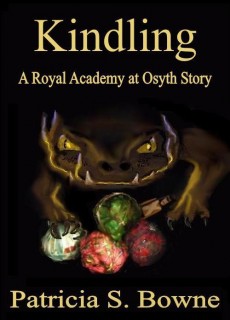 Rochita Loenen-Ruiz weighs in on the state of science fiction and fantasy writing today in a column for Strange Horizons, and I see echoes of not only what I tried to say in recent posts but of the article I mentioned last week about how accusations of cultural appropriation affect non-western writers.
Rochita Loenen-Ruiz weighs in on the state of science fiction and fantasy writing today in a column for Strange Horizons, and I see echoes of not only what I tried to say in recent posts but of the article I mentioned last week about how accusations of cultural appropriation affect non-western writers.
Words of wisdom from Ms. Loenen-Ruiz’s article:
Science fiction invites us to explore, to engage the world, to consider possibilities—it invites us to play and revel even in improbabilities. It is perhaps the gift that allows us to retain what is childlike in us—that allows us to keep in touch with the wild self that is always eager and curious and wants to know more. It is the genre that allows us to envision possible solutions—that allows us to keep hold of what it is that makes us human.
And yet, when I look at the field today, I find myself wondering.
Just recently, a young writer wrote me to apologize for making use of my culture without asking for permission.I sat there looking at the email and my heart broke as I thought of the anxiety that must have preceded the writing of this letter.
That anxiety wasn’t just for people writing about others’ cultures. It affected Ms. Loenen-Ruiz herself.
The discussions at that time made me anxious about the way I approached the culture in which I grew up. Should I write about it? Was it right to write about it? If I wrote about it, would I be commodifying my culture?
That’s right, a writer felt intimidated about writing about her own culture. About how critical voices based in theory – commodifying, anyone? – would judge her for describing her own world. Isn’t that appropriation in a nutshell, when the voice of critique lays claim to other people’s cultures and presumes to judge how those people write about them?
Rochita Loenen-Ruiz is a consistently gracious and welcoming voice in the field, and you should read her whole essay. “Do not allow yourself to fall silent,” it ends.
Too many of us let ourselves fall silent in recent years because we were afraid of getting it wrong, of transgressing some rule book and being tarred as hopeless racists. But I’ve come to realize that there is no adequate rule book. When an author from country A, educated in country B, living in country C, is critiqued by a theorist from country D, educated in country E, living in country F — isn’t it time to get real, and treat them both as individuals instead of lists of boxes to check?
We are in a state of possibility in SFF. I think it would be very hard for anyone to appoint him- or herself sole owner of the moral high ground right now. And in this open space, individual voices begin to pipe up like birds returning in springtime. Varied, vibrant, living their own lives — and singing them — without asking permission or caring about comments.


